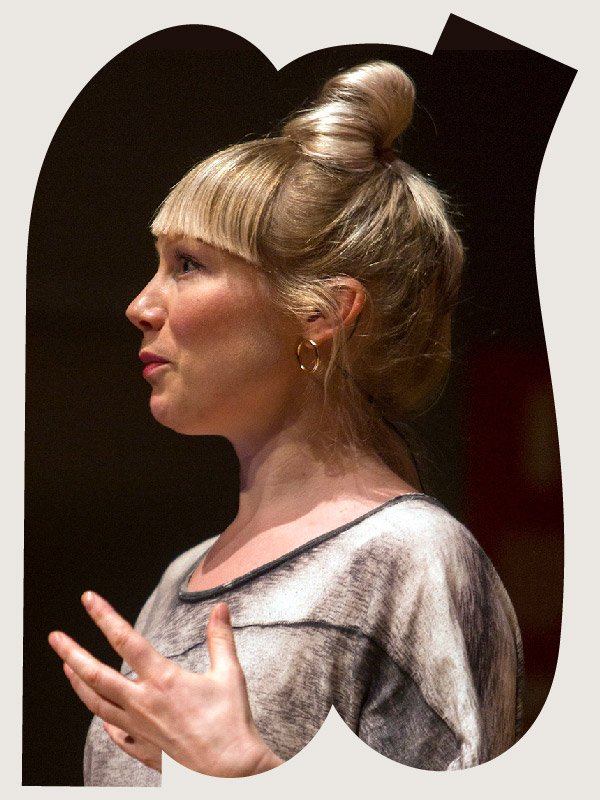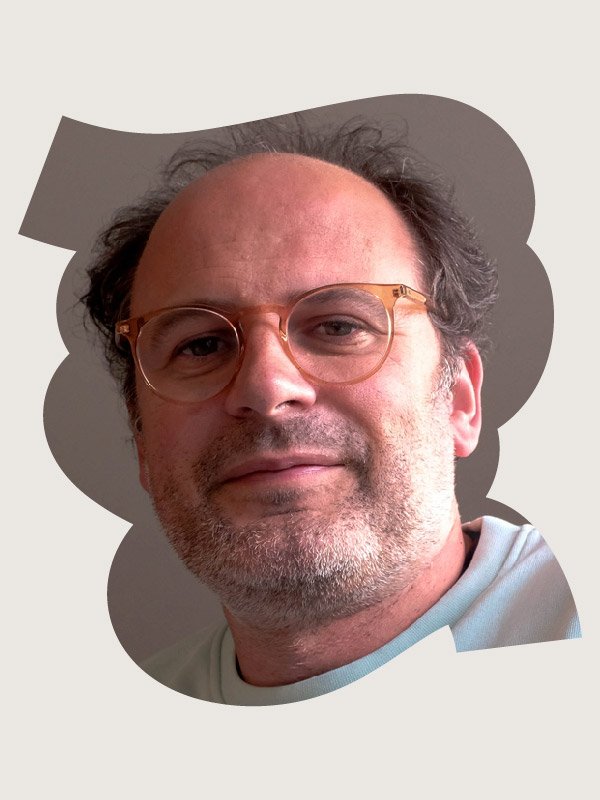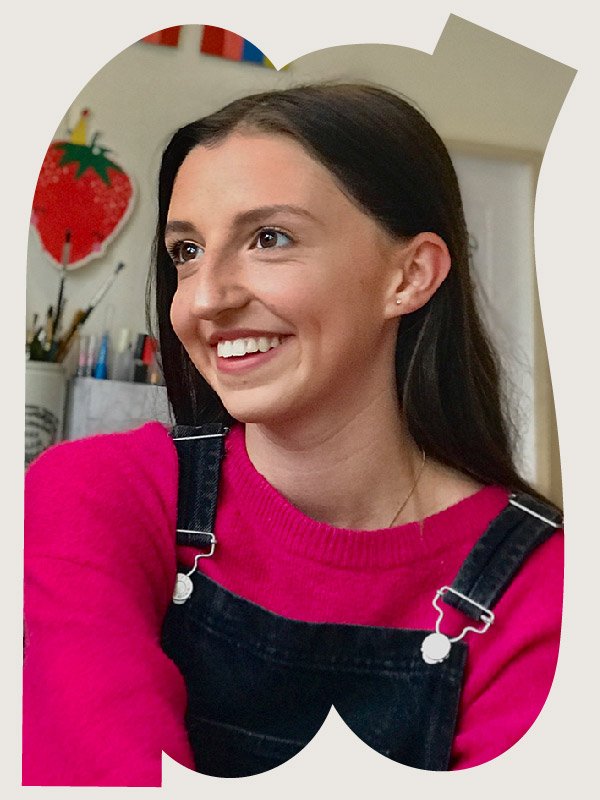Nominet
Following the launch of the 2023 Digital Youth Index, Nominet were keen to explore how the UK’s next generation of young people can thrive in an advanced digital society. What is the digital future young people actually want? What skills do they need to support that vision? What is getting in the way of developing those skills?
A shared commitment to digital skills
This work builds on our shared commitment to understanding young people’s engagement with digital and passion for making positive changes together. Unthinkable has built up a relationship with Nominet across several projects, including our work with the Micro:bit Educational Foundation, on a digital citizenship badge for The Scouts and in supporting the development of the skills initiative This is How. More widely, we’ve engaged with digital skills for young people through both research and interventions in various ways, including the development of digital skills courses with the Institute of Coding at FutureLearn, the work of Unthinkable Director Kathy Skelton on the board of Ada and our involvement with digital projects at schools as both professionals and parents.
The future of digital skills for young people
To build a foundation for answering our research questions, we conducted a piece of exploratory desk research to assess the current landscape of digital skills education for young people in the UK, and how this connects with the future of work.
We built on this insight through conversations and workshops with educators, digital skills providers, young people and professionals in the digital skills field. These discussions highlighted the ongoing efforts by organisations across the UK to develop digital skills equitably and effectively for all young people.
Speaking to and co-creating with a diverse set of people who are impacted by or responsible for digital skills development allowed us to build individuals’ experiences and motivations directly into the heart of the project. Centring the voice of young people in particular was really important to us.
Working with our group of young ‘critical friends’, we devised a set of workshops that would give us the space and framework to explore what young people thought a better future for themselves might look like, what skills they would need to achieve that, what barriers they might need to overcome, and how schools, parents, employers and other role models might best support them in doing so.
Challenges and recommendations
We delivered a report to Nominet that identified a number of challenges, and six broad recommendations to make things better. Our recommendations focused on interventions that were directly within Nominet’s scope of action, but also pointed to the role of the wider digital skills ecosystem in the UK.
Our recommendations:
Digital skills development needs to be designed to address social inequalities.
Digital skills need to be embedded throughout the curriculum.
Young people need more support in articulating their skills and getting jobs they enjoy.
Digital skills development needs to be fun and relevant.
School teachers need to be better supported.
Parents need to be better supported.
In addition to our report for Nominet, we’ve made a more general version of our report publicly available to download. In our own report we took a more holistic look at what an ideal learning ecosystem would look like and how different types of organisations can play critical roles.
Examining and exploring how and where to address complex, dynamic social issues, especially in areas where society collides with technology is especially tricky. It requires researchers to work with clients to sense-make, to blend the practical with the conceptual, to think from multiple perspectives and to take you on a journey. It's what we know and trust Unthinkable to deliver on. In our most recent work with the team, we asked them to help us explore a really big, complex arena and once more we were delighted not just with the outputs but the work we did together that led us there.
Chris Ashworth OBE, Head of Social Impact






